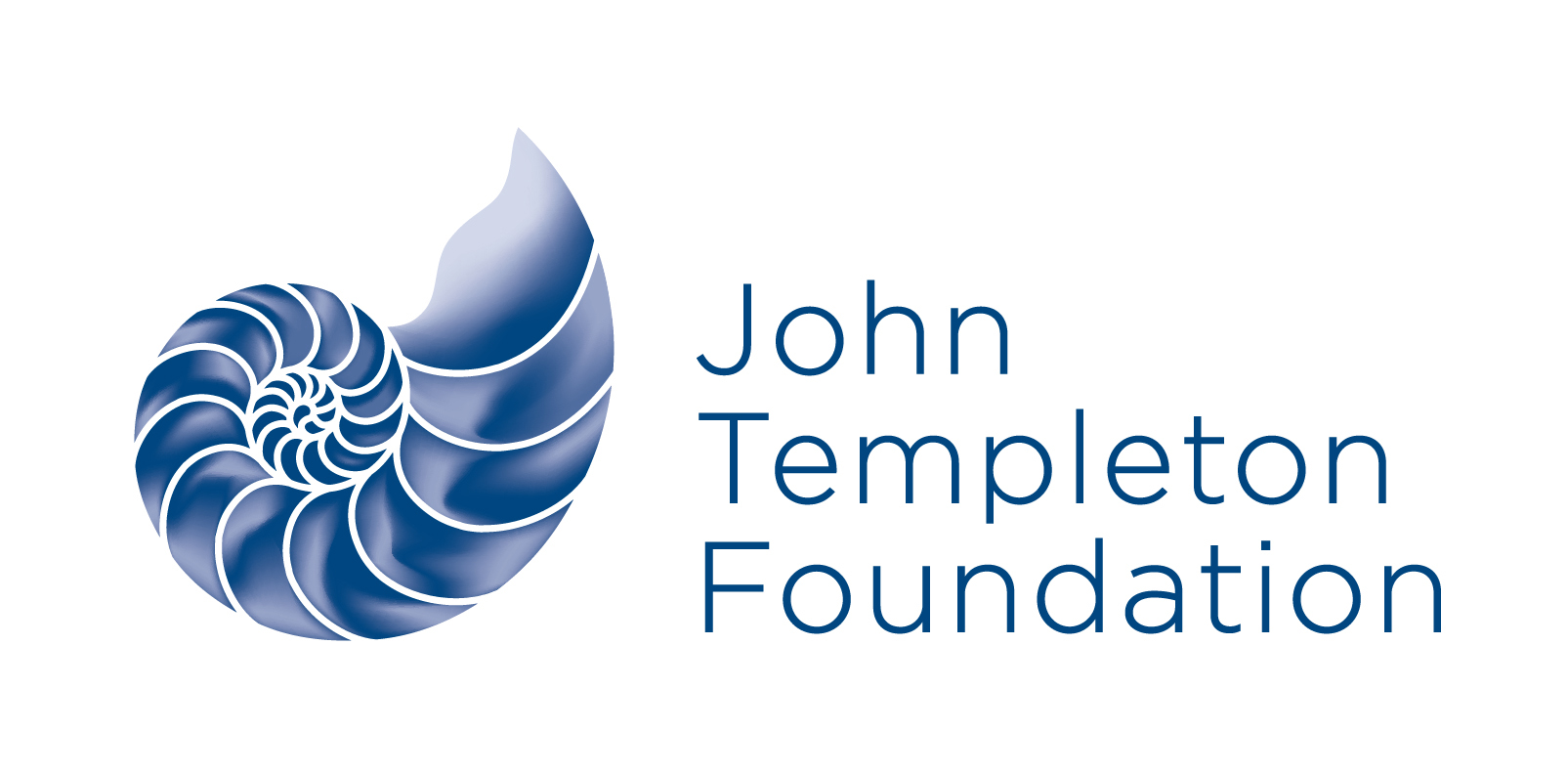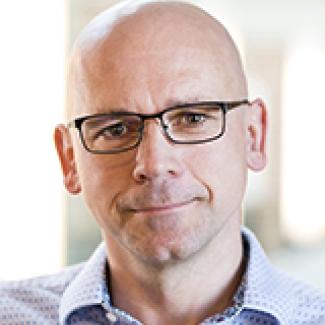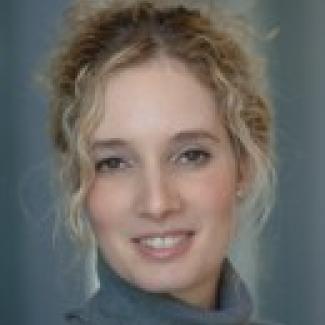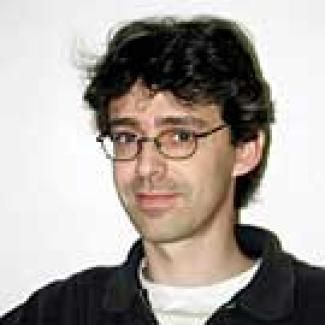This workshop aims to lay out a roadmap for the next wave of computational biological modeling: deciphering the control mechanisms of biological phenomena by means of a systematically-constructed tower of abstractions. Recent advances in experimental biology have dramatically increased the spatial and temporal resolution of measurement: it is now possible to observe single-cell gene expression levels, as well as collect time-series levels of protein phosphorylation. Additionally, CRISPR-based gene editing enables rapid creation of cell mutations. These technologies promise to answer open questions in cellular biology, but they also pose new computational challenges, especially when the model must be inferred by integrating diverse observations captured in genomics, proteomics, metabolomics, and phenotypic data. This workshop will explore these problems in the context of what has recently been called executable biology, which constructs models that are dynamic (i.e., can be simulated) and mechanistic (i.e., explain mechanisms in the cell). Thanks to advances in formal methods, executable models can be verified against experimental data; when alternative models are feasible, they can be summarized, and additional experiments can be computed to guide the model refinement.
Executable biology crucially relies on abstraction, which suppresses certain details in a systematic way. For example, a model can be based on differential equations of low-level chemical processes or it can be a Boolean circuit of high-level gene control. The abstraction is essential, because ignoring details allows one to model a larger system. What is needed to infer models from diverse data is a tower of abstractions; that is, a sequence of increasingly more abstract models, each level building on the level below. Developing an organizing principle for such a tower of abstractions is needed for construction of multi-scale models that span multiple layers of abstraction. There is a wide spectrum of model inference algorithms for each layer of abstraction, ranging from discrete logic to machine learning and dynamical systems operating over vastly different time-scales. Their relative strengths are not well understood, complicating the design of hybrid algorithms. Additional issues include how to automate the selection of the modeling abstraction based on the available data and the question at hand; and how to guide the model refinement by computationally suggesting new experiments.
The workshop will bring together experts in biological modeling, logic, formal methods, programming languages and machine learning, with the goal of producing a unified view of the tower of abstractions and formulating challenge problems for the next decade of biological modeling.
Support is gratefully acknowledged from:

Elaine Angelino (UC Berkeley), Adam Arkin (UC Berkeley), Ras Bodik (University of Washington), Michael Cole (UC Berkeley), Mark Coles (University of York), Vincent Danos (University of Edinburgh), David Dill (Stanford University), Atray Dixit (MIT and Broad Institute), Gerard Evan (University of Cambridge), Jasmin Fisher (Microsoft Research & University of Cambridge), Ernest Fraenkel (MIT), Radu Grosu (Technical University of Vienna), Calin Guet (IST Austria), Alex Hajnal (University of Zurich), Tom Henzinger (IST Austria), Dick Karp (UC Berkeley), Ali Sinan Koksal (UC Berkeley), Anat Kreimer (UC Berkeley), Marta Kwiatkowska (University of Oxford), Oded Maler (CNRS-VERIMAG), Shannon McCurdy (UC Berkeley), Gordon Mills (UT MD Anderson Cancer Center), Lior Pachter (UC Berkeley), Tatjana Petrov (IST Austria), Nir Piterman (University of Leicester), Amina Qutub (Rice University), Prahlad Ram (UT MD Anderson Cancer Center), Stuart Russell (UC Berkeley), Roded Sharan (Tel Aviv University), Eric Siggia (Rockefeller), Tom Skalak (Paul G. Allen Foundation), Sandro Stucki (Ecole Polytechnique Federale de Lausanne), Carolyn Talcott (SRI International), Russell Vance (UC Berkeley), Moshe Vardi (Rice University), Ophelia Venturelli (UC Berkeley), Allon Wagner (UC Berkeley), Alejandro Wolf-Yadlin (University of Washington), Nir Yosef (UC Berkeley).






